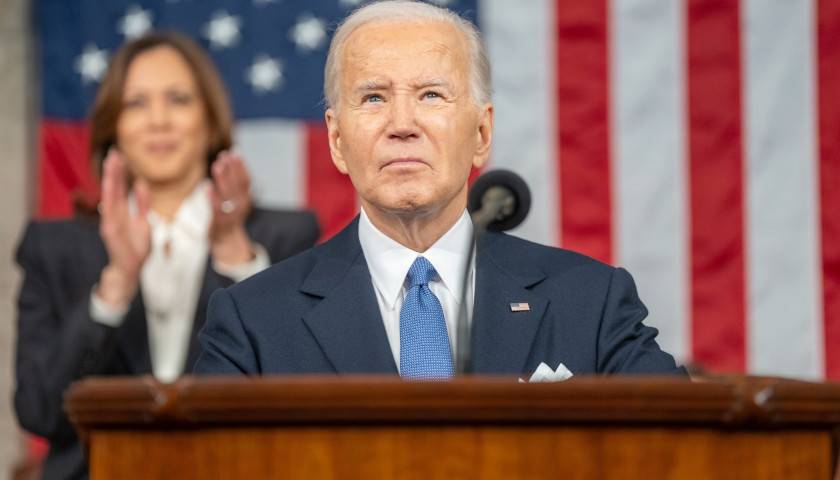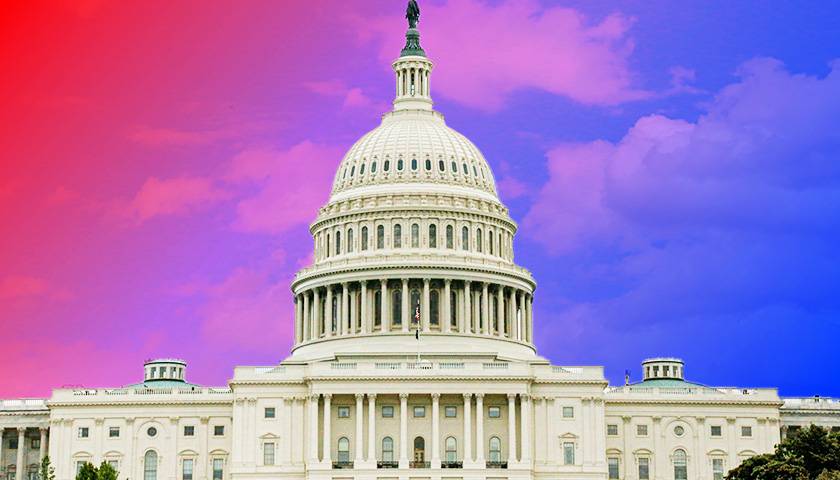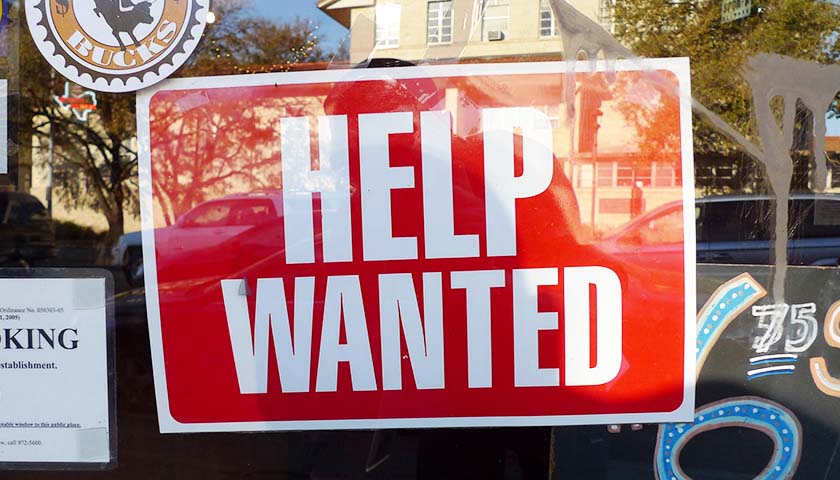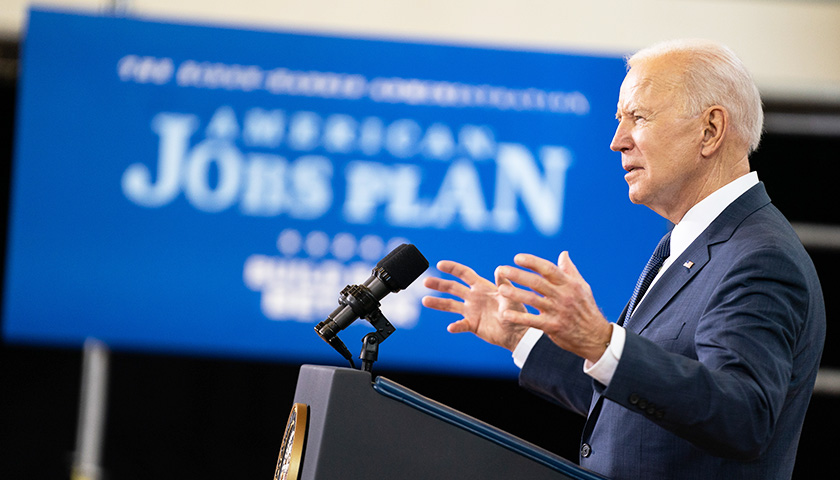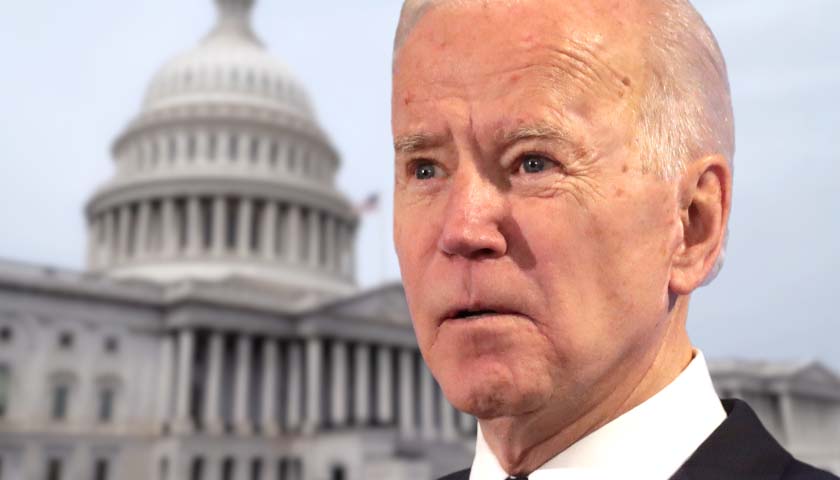As we outlined in Part One, here in California, we have an economy that would be the fifth largest in the world if it were to be separated as a standing nation. Home to Silicon Valley, Hollywood, world-class agriculture, and medical schools, California is an economic powerhouse.
Yet we, in California, have the highest poverty rate in the nation. We have a majority of the nation’s homeless people. We have the highest overall tax rates in the nation. Our energy costs are double that of the national average. Our per-student spending in schools is well above the national average, yet our students consistently have below-average grade-level test scores. Our major cities are crime-ridden, our power grid is woefully vulnerable, and our beaches are regularly closed due to raw sewage contamination.
Read More


